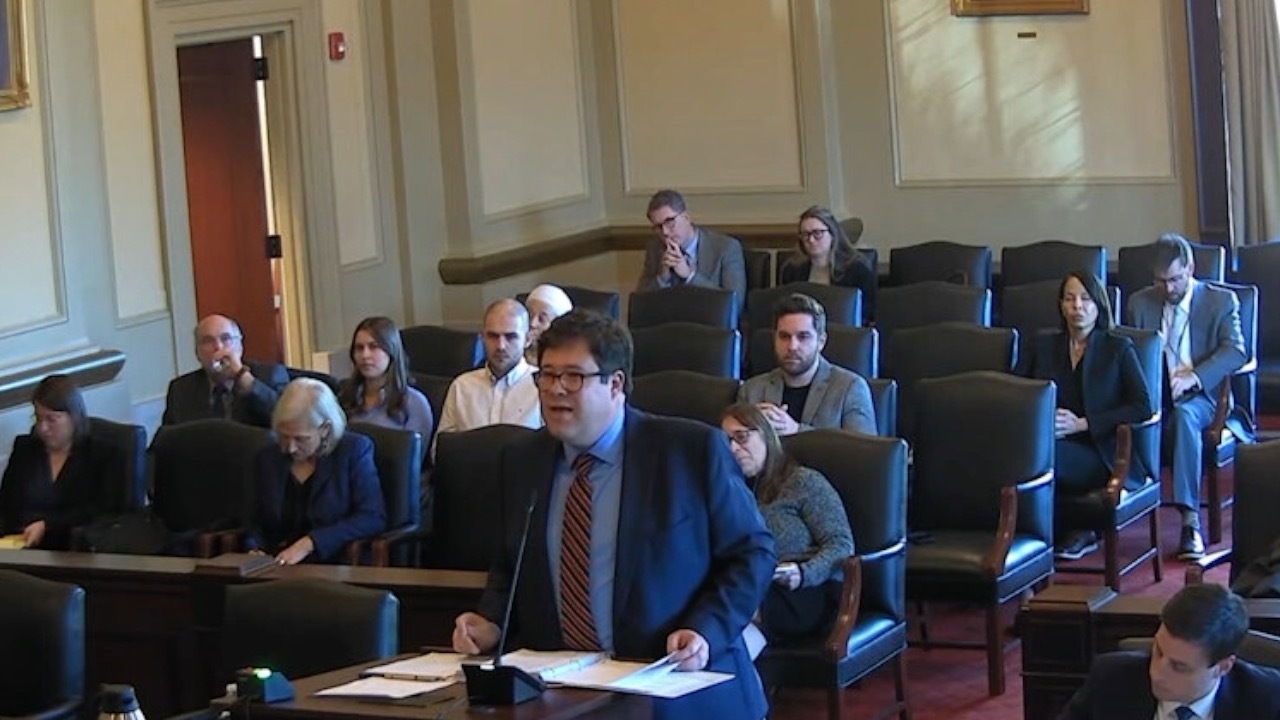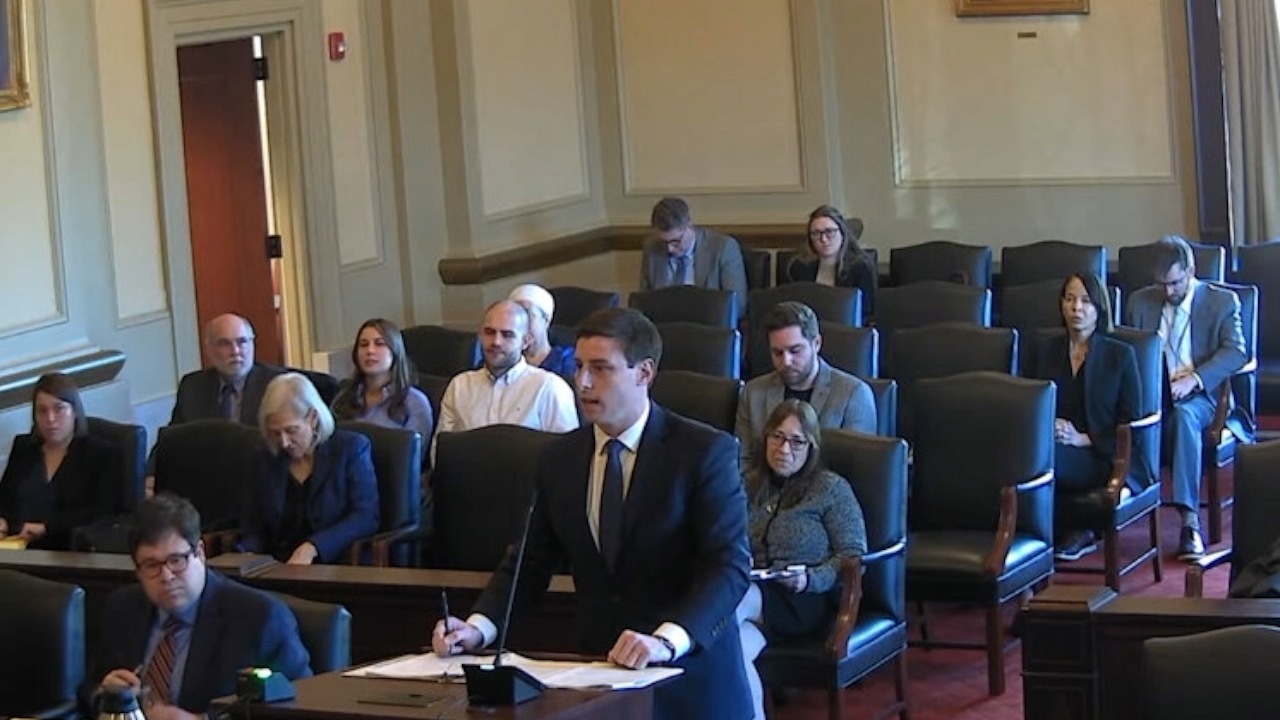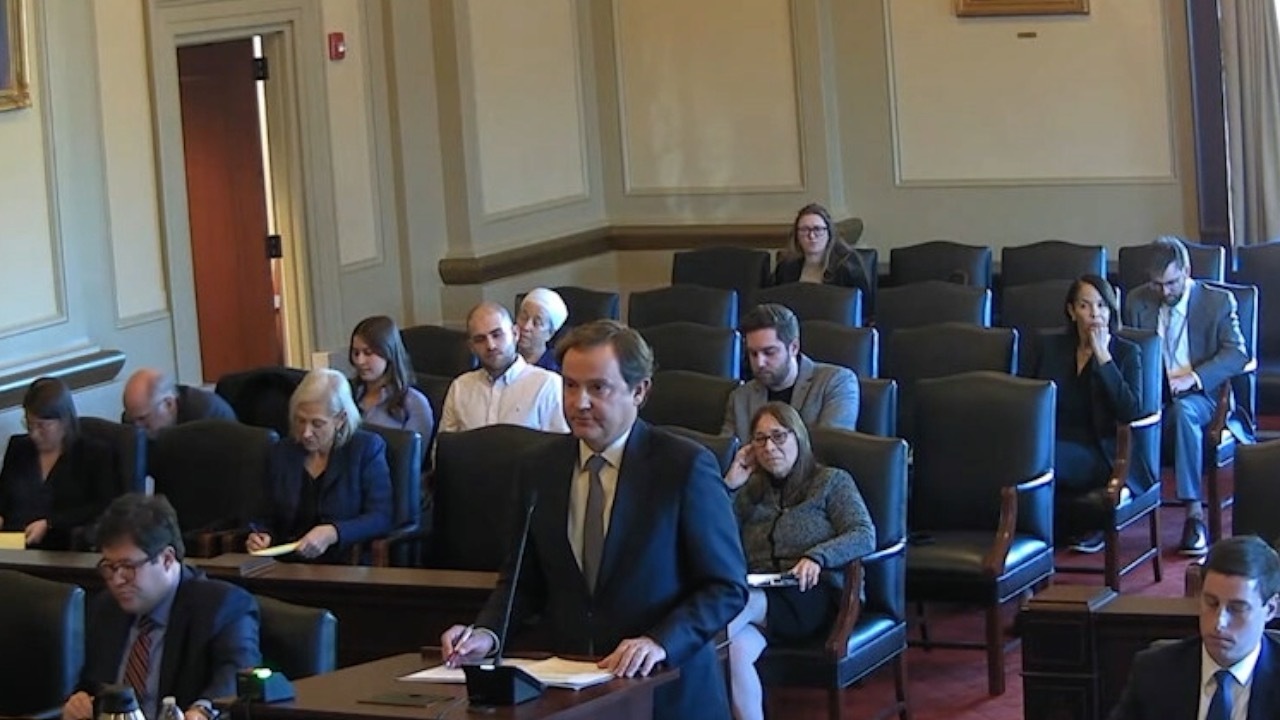- The state Court of Appeals must decide whether the North Carolina Utilities Commission made a mistake when it changed the way utility companies credit customers who generate energy with rooftop solar panels.
- Critics argue that the Utilities Commission violated the process set out in law to change "net metering." The change will raise costs for consumers and reduce the value of rooftop solar systems, according to the legal complaint.
- Lawyers for the Utilities Commission's Public Staff and Duke Energy responded that the new net metering standards comply with a 2017 state law. The law was designed to end the subsidy other customers provide to rooftop solar users, according to the legal argument.
North Carolina’s second-highest court will decide in the months ahead whether the state Utilities Commission made a mistake when it changed the way utility companies credit owners of rooftop solar panels for the energy they produce.
A three-judge appellate panel heard an hour of oral arguments on the topic Wednesday morning.
The Environmental Working Group, NC WARN, and other environmental groups argued that the Utilities Commission should not have dropped “flat-rate net metering.” Under that system, Duke Energy credited rooftop solar uses the same rate for all energy their homes sent to the electrical grid.
Lawyers representing the Utilities Commission Public Staff and Duke Energy countered that a 2017 state law — House Bill 589 — mandated the change.
“We are here this morning because a terrible injury has been inflicted on the rooftop solar industry in our state,” argued lawyer Matthew Quinn on behalf of the commission’s critics. “What this court must decide is whether that injury can be undone.”

Quinn cited an expert who estimated that average savings for rooftop solar customers could drop as much as 31% under the new system. Installers estimated that the value of rooftop solar systems would drop 20-35%. Even the commission’s Public Staff found that a rooftop solar customer’s electric bill “will be increased between 16.5% and 118%,” Quinn argued.
The legal complaint targets the way the Utilities Commission made its decision. Commissioners relied on information provided by Duke Energy rather than conducting their own investigation, as required by HB 589, Quinn said. Critics put forward alternative ways of calculating costs and benefits of rooftop solar energy.
“Can Duke investigate itself?” Quinn asked. “The commission’s legal conclusion was: ‘Duke, you are permitted to investigate yourself.’ Now, our position is that can’t possibly be what the statute means.”
“You can’t investigate yourself,” he added. “It’s got to somebody else — neutral third party. … Otherwise, the investigation is the fox guarding the henhouse.”
Robert Josey of the Utilities Commission’s Public Staff responded that the commission conducted its investigation when it adopted the new system. The new system complied with the dictates of HB 589, he said.

“Net metering customers have received a cross-subsidy from non-net metering customers until now,” Josey told the Appeals Court. The 2017 law “required the commission to establish net metering rates that avoid cross-subsidization and that hold nonparticipating customers harmless,” he added.
The critics “simply disagree with that state policy that requires net metering customers to pay their full fixed costs to serve,” Josey said.
Adopting the critics’ proposal would amount to “drastic action,” argued Ashley Cooper on behalf of Duke Energy. “They’re asking for the commission to abandon its years of precedents and adopt a new methodology that’s only been adopted and utilized in a nadful of states.”

“The appellants really just want one thing. They want a flat rate, and they want that put back in service,” Cooper said. “Appellants seek to rewrite the language [of HB 589], which we know they can’t.”
Quinn urged the appellate panel to consider energy-related executive orders from Gov. Roy Cooper along with the law.
“What authority does the Utilities Commission have to consider any executive order from the governor?” asked Judge Hunter Murphy.
“I don’t know if it’s binding upon the Utilities Commission, but it’s certainly important,” Quinn responded.
“Why? Why is it any more important than my 12-year-old daughter’s opinion?” Murphy shot back.
Judge Toby Hampson questioned the Utilities Commission’s reliance on Duke Energy’s work.
“Surely the utility can submit information, an analysis, an investigation that says here’s why we think we meet the costs/benefits analysis. But isn’t it the obligation of the commission, then, to actually undertake a review?” Hampson asked.
Cooper labeled the case “unique.” Duke Energy worked on the analysis with 20 groups “that ranged from the North Carolina Sustainable Energy Association to Southern Alliance for Clean Energy to Vote Solar to Sunrun,” he said. “These are some of the leaders — environmental champions in rooftop solar and renewable energy. They all had a chance to be a part of this cost-benefit analysis.”
Murphy, Hampson, and Judge John Arrowood will issue a decision in the months ahead.